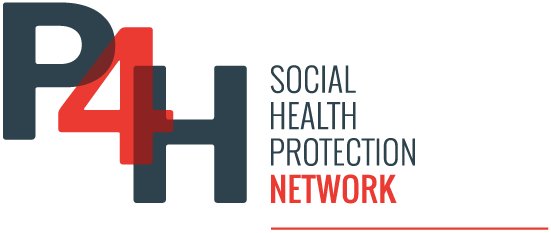UHC for the Silver Dividend: Building Health Systems for an Ageing India
India is experiencing a demographic shift, with a large youthful workforce and a rapidly growing elderly population projected to reach 193 million by 2030, highlighting the urgent need for a robust and equitable health system. Universal Health Coverage is essential to...
Survey of health status and healthcare use among the over-18s in three health zones in Benin
This survey on the health status and healthcare use of the over-18s (ESRS) is the fruit of collaboration between Belgian and Beninese universities in 2024. The survey report provides a detailed and representative picture of the health, economic and social situation of...
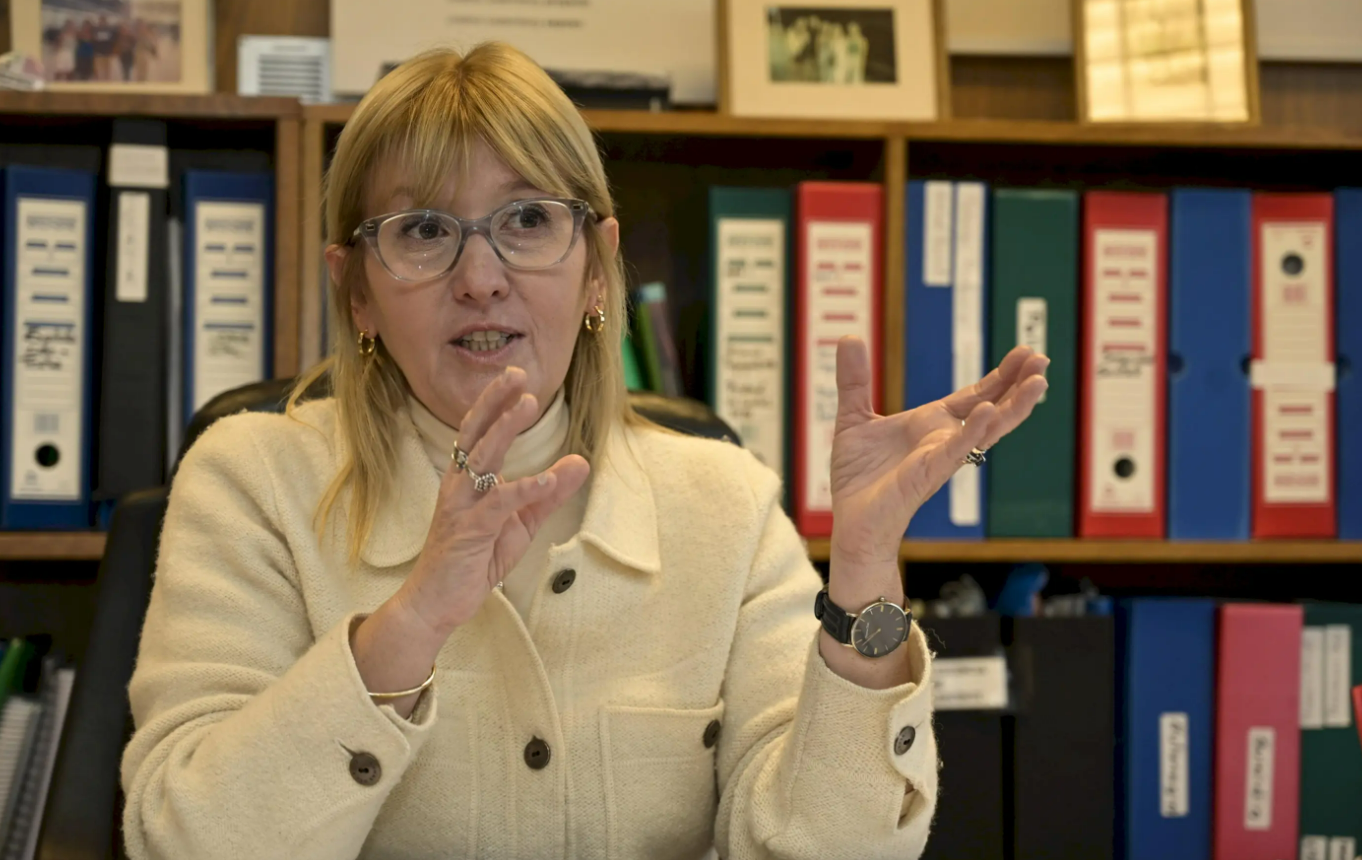
Proposed inclusion of new benefits in Uruguay
Uruguay's Minister of Public Health is proposing the inclusion of new benefits in the National Resources Fund basket. These include medical equipment and medicines for heart disease and cancer treatments. In June 2025, the Minister of Public Health, Cristina...
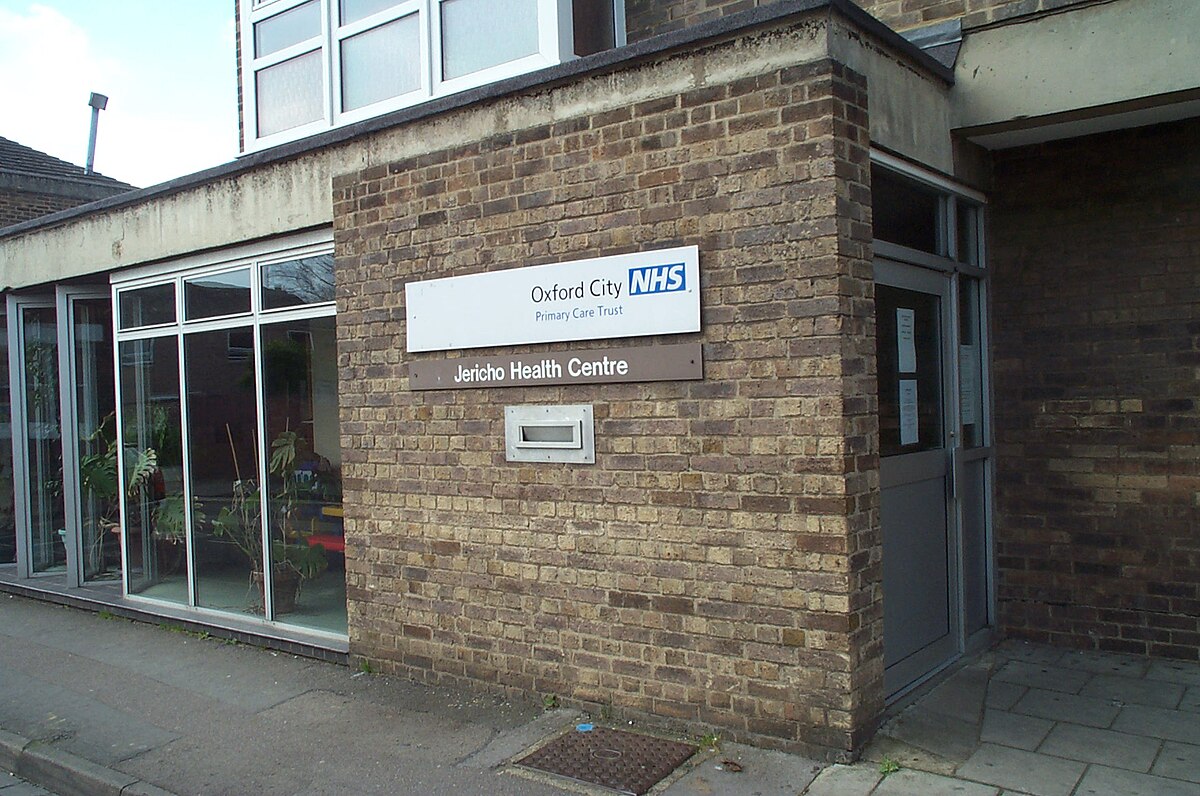
Stronger health financing is key to equitable and resilient healthcare systems
Strengthening public health financing is essential to reduce inequalities and build effective, equity-driven primary health care systems, says Dr. Eddy Pérez-Then in a new analysis.Adequate financing is a critical factor in determining the effectiveness and equity of...

WHO, Alnowair ink MoU to advance mental health, universal health coverage in Kuwait
The WHO Country Office in Kuwait and Alnowair have signed a Memorandum of Understanding to collaborate on promoting mental health, advancing universal health coverage, and enhancing community engagement, especially among youth. This partnership aims to empower...

Nigeria plans public health tax on sugar, cigarettes, and alcohol to combat NCDs
Nigeria proposes a public health tax on sugar, alcohol, and tobacco to fund non-communicable disease (NCD) programmes, alongside the WHO-backed PEN-Plus strategy for severe NCD care.The Nigerian government is considering a new public health tax on products high in...
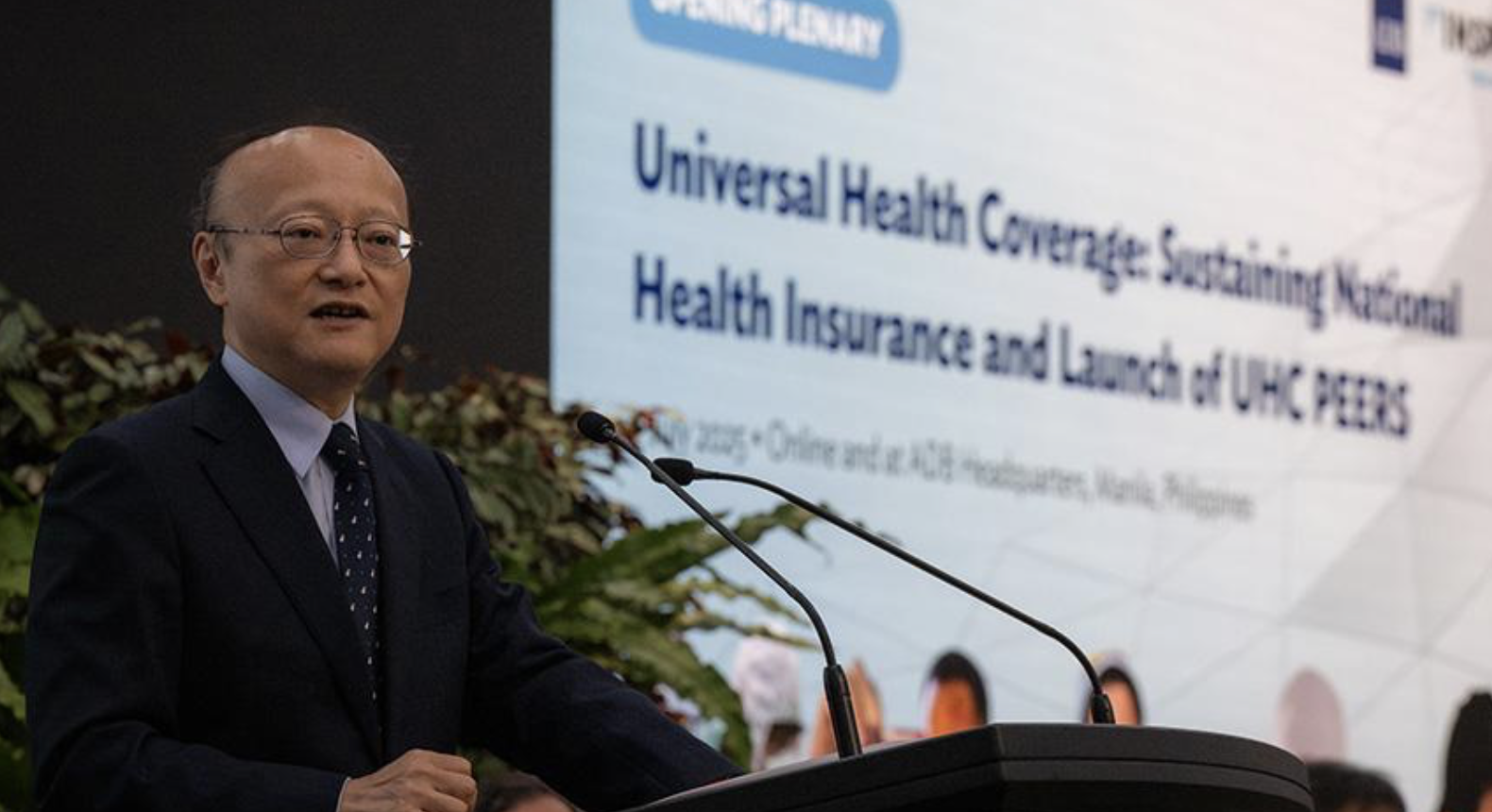
ADB Launches Regional Network to Accelerate Universal Health Coverage in Asia and the Pacific
The Asian Development Bank (ADB) has launched the UHC PEERS network to facilitate peer-to-peer learning and accelerate universal health coverage across Asia and the Pacific, enabling countries to share solutions for expanding health access and strengthening health...

Transforming South Africa’s healthcare: the National Health Insurance Act’s promise of equity for all
South Africa’s National Health Insurance (NHI) Act aims to create a unified, fair, and affordable healthcare system that provides equal access to quality care for all citizens, regardless of income or location. This transformative reform addresses current inequalities...
An evaluation of the impacts of health insurance coverage on wealth stratification in some selected sub-Saharan countries
This study examined the impact of health insurance policies on household wealth distribution in four sub-Saharan African countries—Burundi, Gabon, Ghana, and Rwanda—that have achieved healthcare coverage above 20% in pursuit of Universal Health Coverage (UHC) goals....
Lived experience of out-of-pocket costs of health care and medicines by people with chronic conditions and their families in Australia: a systematic review of the qualitative literature
Despite Australia’s Medicare, out-of-pocket costs (OOPC) still make up 14% of total health expenditure. This systematic review examined the experiences of Australians with chronic conditions facing OOPC for out-of-hospital care, revealing income loss due to ill...
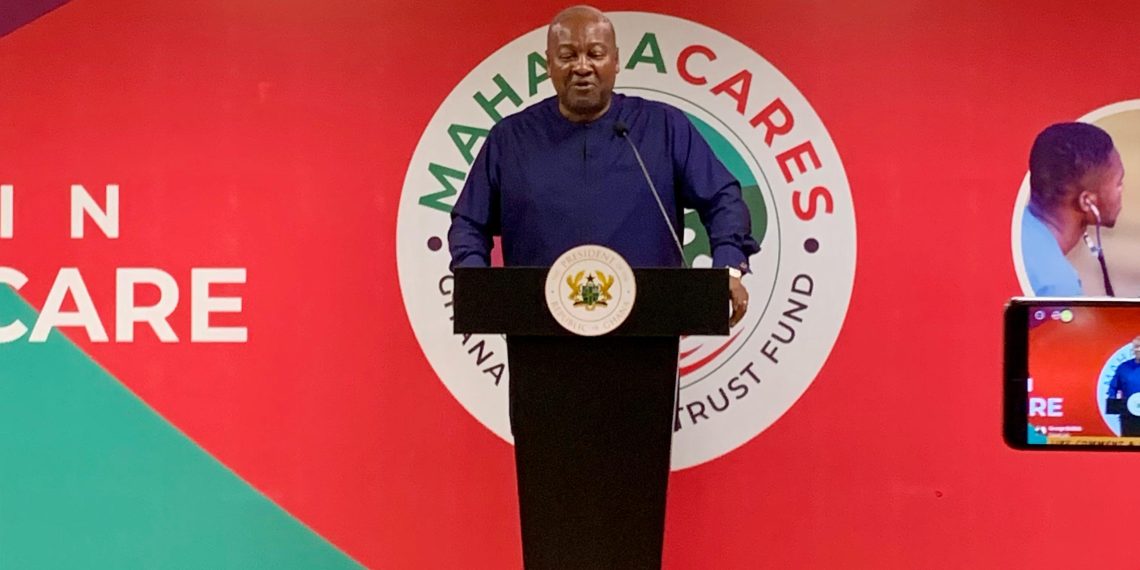
INSLA applauds Ghana Cabinet for approving Mahama Care Fund Bill
The Institute of Leadership and Development (INSLA) has commended Ghana’s government for approving the National Medical Trust Fund Bill, which aims to provide sustainable financing for the treatment, management, and prevention of noncommunicable diseases while...
Health financing progress matrix, Cameroon 2024: Summary of results and recommendations
This report presents the results of the latest assessment of health financing (2024) in Cameroon using the Health Financing Progress Matrix (WHO's standardized assessment tool for health financing policies). It highlights the strengths and weaknesses of health...

Thai UHC journey workshop in November 2025
The Thai UHC Journey Workshop 2025, themed ‘Sustainable UHC for Better Health: The SAFE Path—Sustainability, Adequacy, Fairness, and Efficiency,’ will take place in Bangkok from November 24–28, 2025. Applications are open until September 19.The Thai UHC Journey...
Governance of the private health sector in Georgia
Georgia’s move toward universal health coverage is challenged by a largely private health sector and weak governance. Insufficient regulatory detail, purchasing gaps, and poor stakeholder dialogue undermine care quality and equity. Strengthening governance requires...
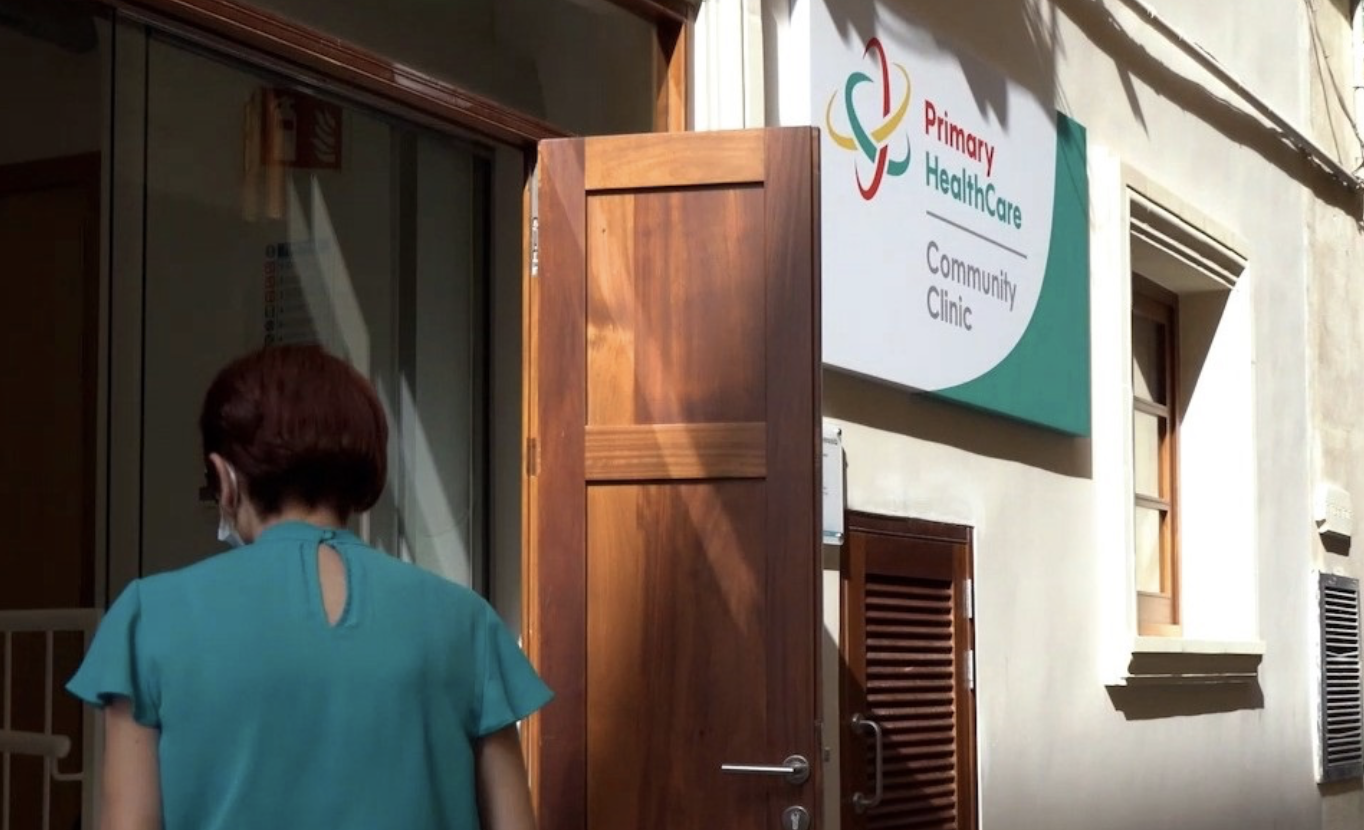
New WHO/Europe report identifies coverage policy options to improve financial protection in Malta
Nearly 7% of Maltese households face catastrophic health spending. To improve financial protection, Malta should expand means-tested schemes, reduce medicine prices, address waiting times, and broaden publicly funded dental services. A new WHO report, “Can people...
